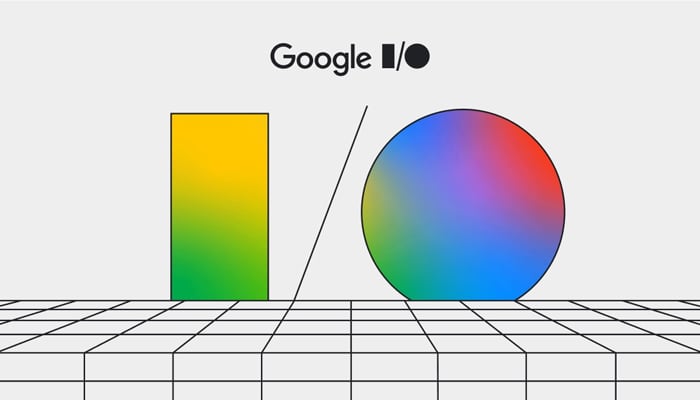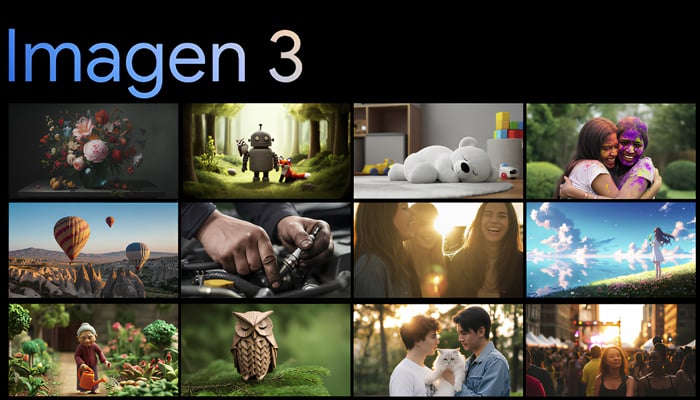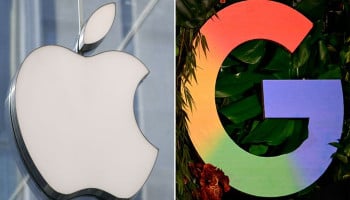
Google, a search engine giant, is updating its image-generating technology to stay up with the competition.
On Tuesday, Google revealed Imagen 3, the latest member of the company's Imagen generative AI model family, at its I/O developer conference in Mountain View, California.
Demis Hassabis, leader of DeepMind, Google's AI research group, stated that Imagen 3 reads text prompts more precisely than its predecessor, Imagen 2, and is more "creative and detailed" in subsequent generations. In addition, the model generates less "distracting artefacts" and inaccuracies, he stated.
"This is also our best model yet for rendering text, which has been a challenge for image generation models," Hassabis stated.
To alleviate worries about the possibility of deepfakes, Google says that Imagen 3 will employ SynthID, a DeepMind-developed method for applying invisible, cryptographic watermarks to material.

Signups for Imagen 3 in the private preview are already accessible in Google's ImageFX tool, and the model will "come soon" to developers and corporate clients utilising Vertex AI, the company's enterprise generative AI development platform.
However, Google seldom reveals the source of the data it uses to train its AI models, and this time was no exception. There is a reason behind that. Much of the training data is sourced from public websites, archives, and data sets throughout the internet.
Moreover, some of the training data, notably copyrighted material collected without authorization from content providers, is the subject of IP-related litigation.
Google's web publisher controls enable webmasters to prohibit the corporation from scraping material, such as photographs and videos, from their websites.
However, a search engine giant does not include an "opt-out" feature, and unlike some of its competitors, the corporation has not committed to compensating rights holders for their (often unknowingly) contributions to training data sets.
















